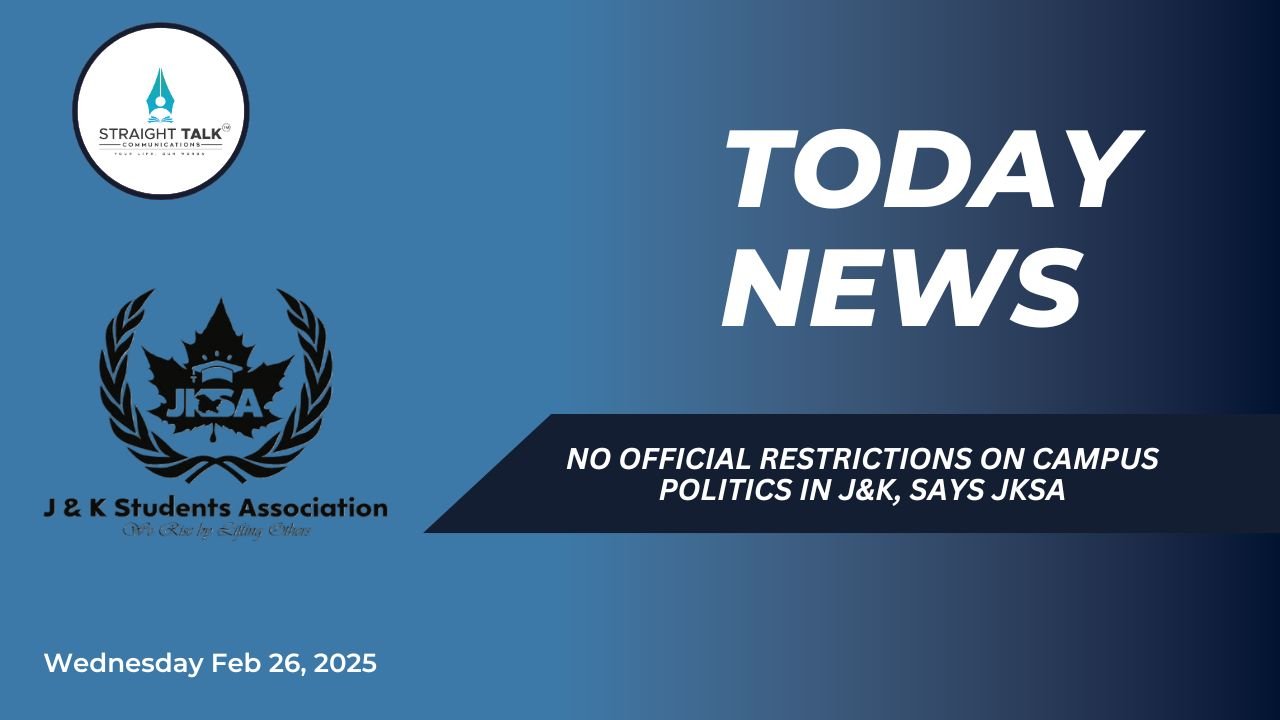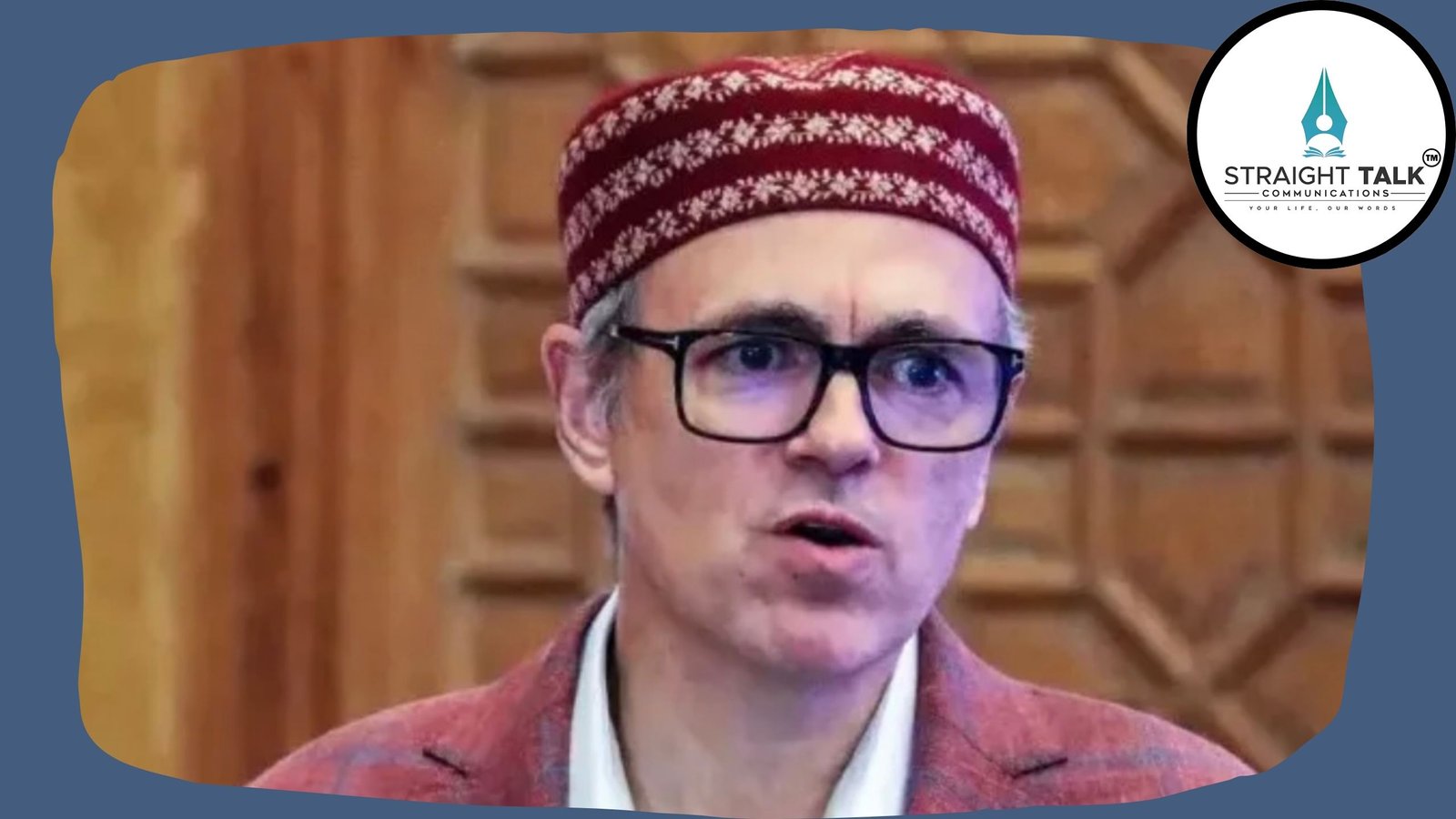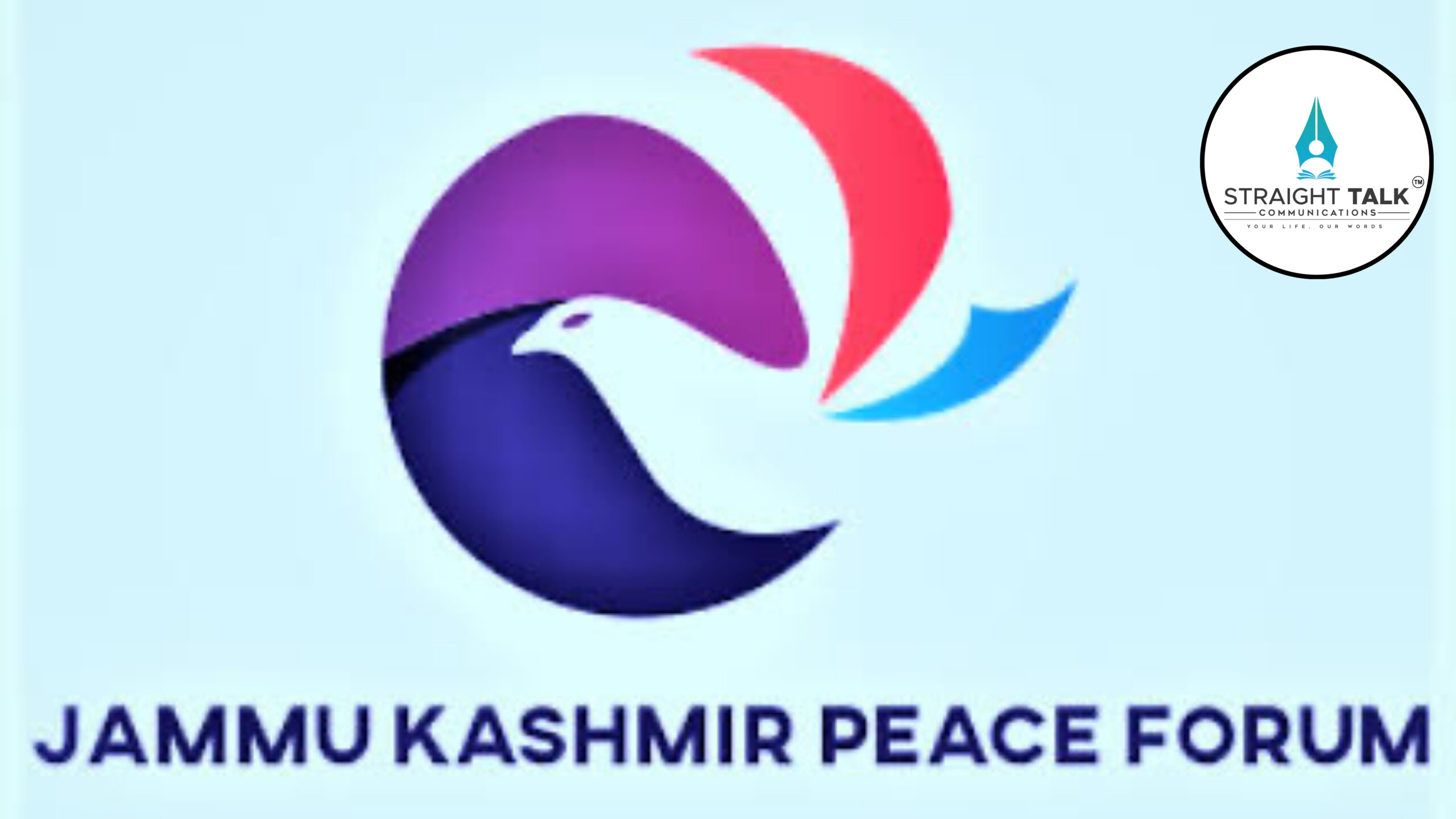No official restrictions on campus politics in J&K, says JKSA

STC NEWS DESK
SRINAGAR, FEBRUARY 26(STC): The Jammu and Kashmir government has not officially banned student politics, formation of associations or unions in the universities and educational institutions in Jammu and Kashmir, says Jammu and Kashmir Students Association (JKSA) quoting an RTI response.
A clarification from the Higher Education Department, J&K, in response to the RTI states that there is no circular or directive on record prohibiting student associations or restricting their formation and functioning in the Union Territory of Jammu and Kashmir. In other words, the government has not imposed any ban on student politics anywhere.
The RTI was filed by Nasir Khuehami, National Convenor of the Jammu and Kashmir Students Association (JKSA), who sought a photocopy of any official order banning student activism and student associations in universities and educational institutions across Jammu and Kashmir.
The RTI response dispels misconceptions about a potential ban on student activism, affirming that there are no official restrictions on campus politics in J&K.
Khuehami said that he filed an RTI to sought information whether any official order prohibits student unions associations in Jammu and Kashmir or campus politics at Kashmir University. He submitted similar requests to various universities in Kashmir, and the response from Kashmir University was particularly striking. While other universities simply stated that no official ban exists on campus politics, Kashmir University’s reply stood out.
According to the statement issued by JKSA, the RTI reply from the University of Kashmir states that there is no need for a student union in the university because a transparent system is already in place. The University of Kashmir specifically said that it has not issued any circular or formal order banning student unions. There is also no official communication from the Government or university restricting the formation of student associations. However, in its response to the applicant, the university’s Proctor mentioned that student unions were verbally banned in 2009 by the then Vice-Chancellor, Prof. Riyaz Punjabi. This decision was not implemented through any written or official order but was conveyed as a verbal directive. The reply goes on to say that the university has a proper grievance mechanism in place.
Reacting to this, Khuehami said that the university can gaslight with the “proper grievance cell” reply, but not anyone who is privy to Kashmir University’s defunct system. “Every Kashmir University student knows that when a student speaks about university issues, he is summoned by the Chief Proctor the next day? They fear the University Chief Proctor more than the people of North Korea fear Kim Jong Un. Students say he is anything but an academician,” Khuehami.
He further said that the University of Kashmir justified the absence of student unions and associations by claiming it had a “transparent” grievance redressal system. “But the counter-question is: who accredited the university as ‘transparent’? The question is, who gave them the accreditation of being ‘transparent’? Isn’t this reply laughable to those students who have to endure hardships daily due to the lack of an operational student union? That is the first point. The second is that student unions and associations are part and parcel of a vibrant higher education system. Just because the system is transparent does not rule out the necessity of a student union,” he said.
The JKSA handout states that every major institution in India—be it Jawaharlal Nehru University (JNU), Aligarh Muslim University (AMU), Delhi University (DU), or TISS—operates within transparent frameworks while also having active student unions.
The statement further reads: “Transparency and student representation are not mutually exclusive. If anything, they strengthen each other. Does that mean they will stop having student unions?”
Khuehami says, “Universities have long functioned as incubators of debate—spaces where ideas can be nurtured and challenged. Only a functional student body can act as a watchdog against the wrongs committed by university authorities. Only it can provide the necessary corrective measures to restore the university’s credibility. Only it can once again make Kashmir University the highest seat of learning it was meant to be.”
The JKSA statement reads that if the University of Kashmir is serious about upholding democratic values and fostering an environment of free expression, it must immediately revoke its informal, unofficial, and arbitrary stance on student representation. “The institution must align itself with the principles of academic freedom and student participation rather than maintaining an outdated, undemocratic, and unaccountable restriction that has no legal or moral standing,” mentions the statement. (STC)







